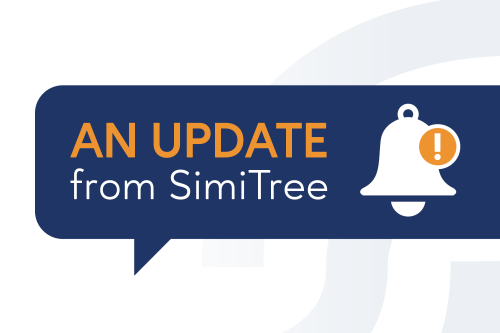In a recent development that's been underreported and sending ripples through the healthcare industry, the Centers for Medicare & Medicaid Services (CMS) has announced a significant change affecting almost one million Medicare beneficiaries. Due to findings following a 2023 data breach, Medicare Beneficiary Identifier (MBI) numbers will be changing in mid-October, potentially causing major disruptions for healthcare providers and patients alike. Keep reading for how to avoid issues caused by these changes.
The Breach and Its Implications
According to a recent CMS press release, a security vulnerability in the MOVEit software used by Wisconsin Physicians Service Insurance Corporation (WPS) led to unauthorized access of personal information for 946,801 Medicare beneficiaries. This breach, occurring between May 27 and May 31, 2023, has prompted CMS to take swift action to protect affected individuals.
Kiplinger reports that the compromised data includes sensitive information such as names, Social Security numbers, and Medicare Beneficiary Identifiers (MBIs). In response, CMS is issuing new Medicare cards with new MBI numbers to all affected beneficiaries.
What This Means for Home Healthcare & Hospice Providers
The change in MBI numbers, set to occur around October 15-16, 2024, poses significant challenges for healthcare providers:
- Risk of Rejections: Providers may face rejections on Notices of Admission/Election (NOAs/NOEs), OASIS submissions, and claims if they use outdated MBI numbers.
- Urgent Need for Reverification: Providers must reverify eligibility for their entire Medicare census and update patient records in their EMR systems.
- Potential for Widespread Disruption: While the full scope is still unclear, this change could affect Medicare beneficiaries nationwide. It is also unclear whether Medicare will have a crosswalk between old and new MBIs to support claims processing for active patients.
Steps for Providers to Take
- Immediate Action: Begin the process of reverifying eligibility for all Medicare patients. Hire a short-term revenue cycle expert to handle it all for you.
- Update Systems: Ensure your EMR and billing systems are prepared to handle the MBI changes.
- Staff Training: Inform and train your staff about these impending changes and new verification procedures.
How SimiTree Can Help: RCM Services and Interim Revenue Cycle Staffing
At SimiTree, we understand the complexity and urgency of this situation. We're here to assist healthcare providers in navigating these changes efficiently. Our team can:
- Provide resources and guidance to prepare for the MBI changes
- Offer short-term engagements to help update your systems and processes
- Assist in developing strategies to minimize disruptions to your operations and establish ongoing best-practice insurance re-verification workflows
- Schedule a call with our team today: Ask about our interim revenue cycle staffing services now. Learn more about our RCM services with a free consultation.
This is a developing situation, and while many details are still emerging, SimiTree is committed to keeping you informed and supported throughout this transition. We are unsure at this time if the MBI changes will affect all states in addition to the ones mentioned in the official releases linked in this article.
For more information or assistance, please don't hesitate to reach out to SimiTree. We're here to help ensure your organization is prepared for these critical changes.

